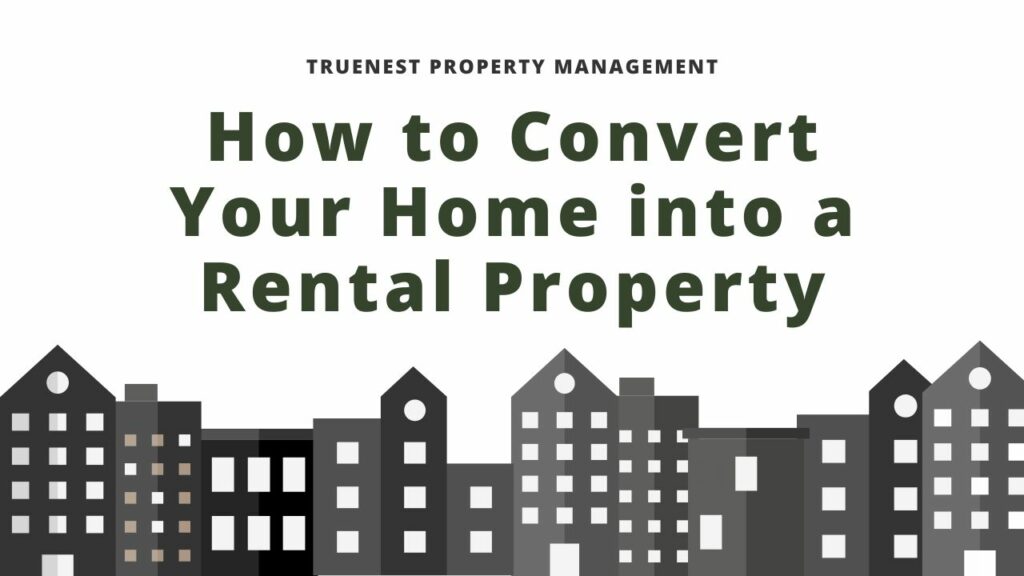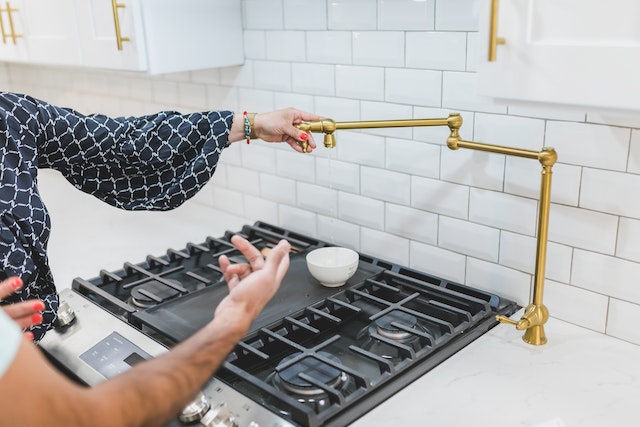How to Convert Your Home into a Rental Property

Though you may not be able to anticipate moving somewhere, a job relocation or a desire to put down roots in a more comfortable residential place may change your plans. Whatever the case may be, you’ll likely be faced with an empty property.
You could place it on the market for sale, but if the economy is in a slump and the offer prices are less than you wanted, you may think you don’t have a lot of options. However, you could consider renting out the property while waiting for real estate prices to appreciate.
The passive income that comes with renting out a property can be significantly rewarding. Instead of selling your property during an economic downturn, it might be a good idea to convert your residential place into a rental space and reap the benefits.
As a landlord, you can enjoy a ton of benefits, such as:
- Receiving a steady source of income that can be maximized to renovate your residence and increase its value.
- Letting the property appreciation rise over time and earning a bigger profit if you sell the property in the future.
- Making use of rental tax deductions, resulting in paying lower tax.
If you plan to convert your home into a rental place, consider the following tips:
Assess Your Landlord-Readiness

Familiarize yourself with the responsibilities of a landlord and assess if you would be able to handle the day-to-day tasks. What does your schedule look like? If a tenant had an urgent issue, could you attend to it right away?
Property maintenance is one of the chief responsibilities that a landlord carries. Landlords must always provide a habitable unit; they are responsible for coordinating repairs if there are any property damages or maintenance issues. Landlords are also in charge of enforcing the terms and conditions detailed in the lease.
Not all property owners have the extra time and bandwidth to deal with these time-consuming tasks; if you think that might apply to you, you should consider engaging the services of a property management company.
While it’s understandable to hesitate at the management fee, you should think of it as an investment. Rather than doing everything on your own, you would have access to professional expertise, effective solutions, and a handful of additional resources. It also gives you more free time to pursue different opportunities and expand your property portfolio.
Swap Your Insurance Policy
A homeowner’s insurance won’t be enough to protect your residence once you convert it into a rental property. A landlord’s insurance would be more useful, even if it comes with a higher cost. Not fully understanding which insurance to use could accrue you some extra costs.

A landlord insurance will cover the following:
- Structural damages in your property.
- Maintenance equipment you’ve invested in.
- Outdoor features such as pools.
- Accidents and injuries occurring on your property.
- Legal fees in case of a lawsuit.
- Rent losses from a damaged property that’s uninhabitable.
- Damages resulting from natural disasters .
Have a Property Inspector Evaluate Your Property before Renting It Out
It’s essential to conduct a thorough property inspection before a new renter occupies the property, as you might discover hidden issues that need to be resolved. It’s always best to catch issues ahead of time and find a solution for them. If minor problems are ignored, they can turn into major issues in the future, causing more stress.
It’s also vital to keep your renters safe and abide by your responsibility to provide a habitable rental home.
Focus On Creating an Attractive Property
Prospective renters will form an opinion of your rental based on how it looks from the outside. To make it more appealing to prospective renters, repaint the exteriors, improve the landscaping, and eliminate clutter.
For the interiors, you can update the kitchen and bathroom, as these are areas that tenants inspect closely.

For furnished rentals, review the condition of the furniture and appliances to ensure everything is in excellent order. You can also hire professional cleaners to transform your rental home into a pristine living space.
Set an Accurate Rent Rate
Pricing your rental accurately is a vital part of the marketing process. A quick way to earn an optimal rental income is to work with a property management company that has a solid experience in rent rate setting.
Draft a Lease Agreement
A written lease agreement is vital to running a successful rental business. Including the terms, conditions, and clauses of the tenancy in a written contract can reduce conflicts and ensure your policies are followed by residents.
You may want to decide on these matters:
- The number of people that can occupy the rental space at the same time.
- The type of pets allowed, if you’re a pet-friendly rental home.
- What maintenance tasks the renters are in charge of, such as garbage disposal, yard cleanup, and more.
A specific and clear lease lets renters know what’s expected from them. When all parties to the contract understand their tasks, it can result in a well-maintained rental space.
Bottom Line
Converting your home into a rental unit while property prices are down is a wise move. The income you’ll earn can pay off while waiting for real estate prices to rise. Apply the tips cited above and you can make the process of converting your home into a rental hassle-free.
Are you looking to partner with a trusted property manager in the industry? If yes, contact TrueNest Property Management today!
